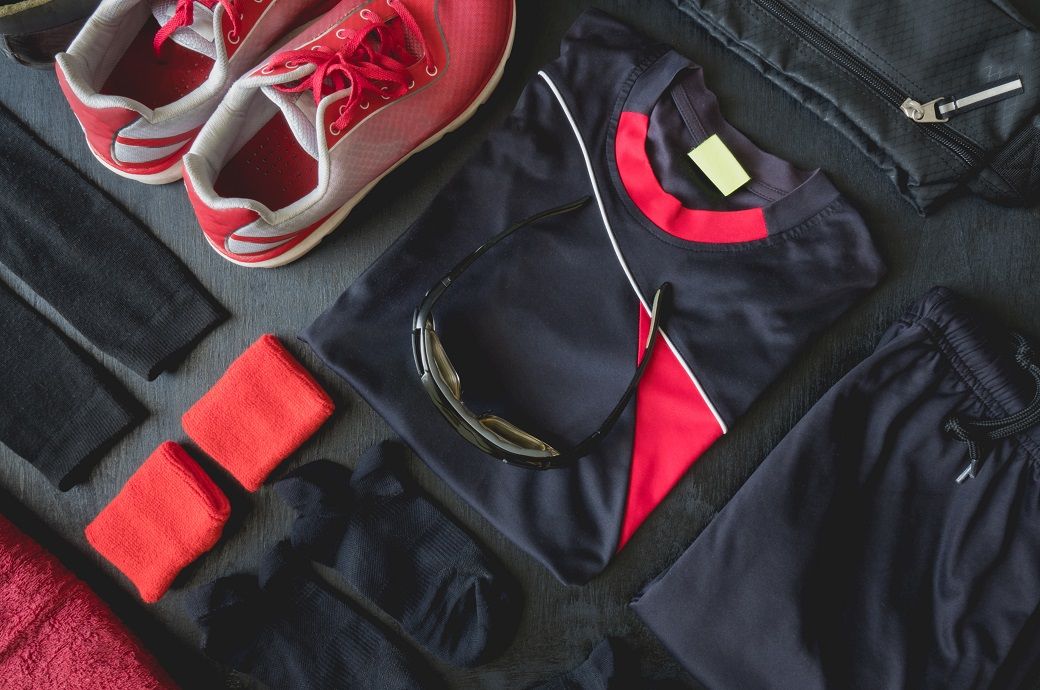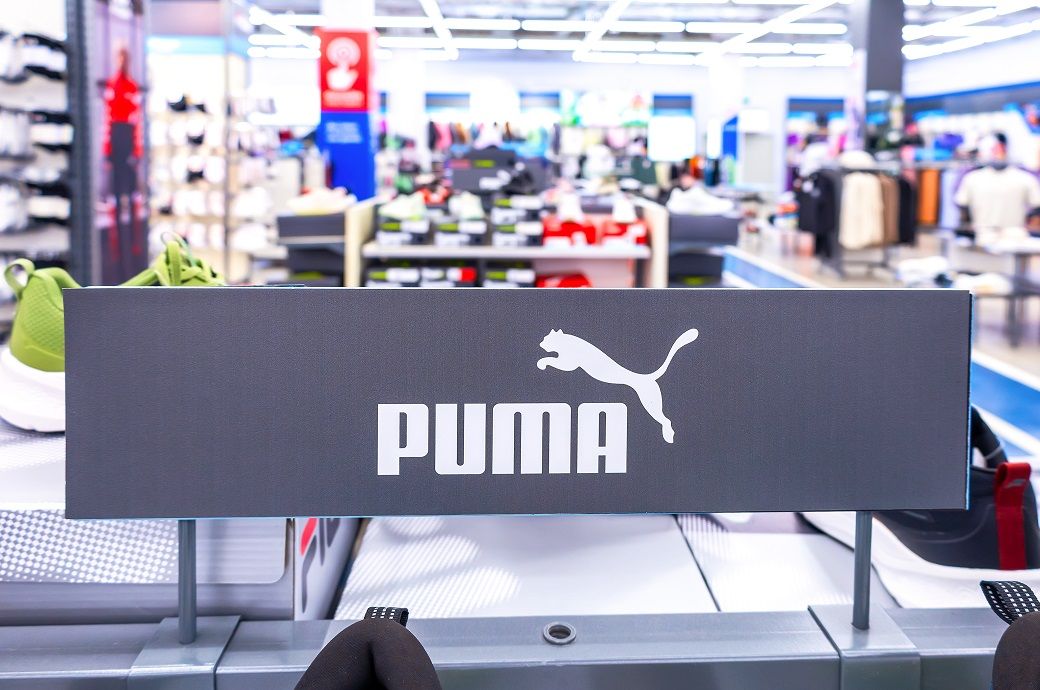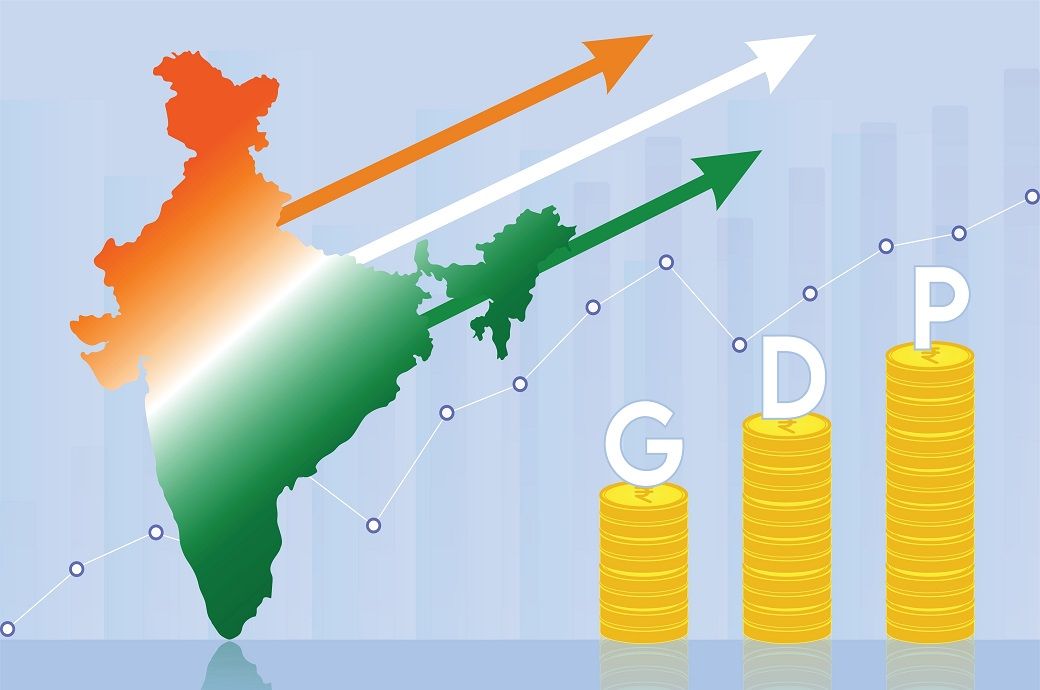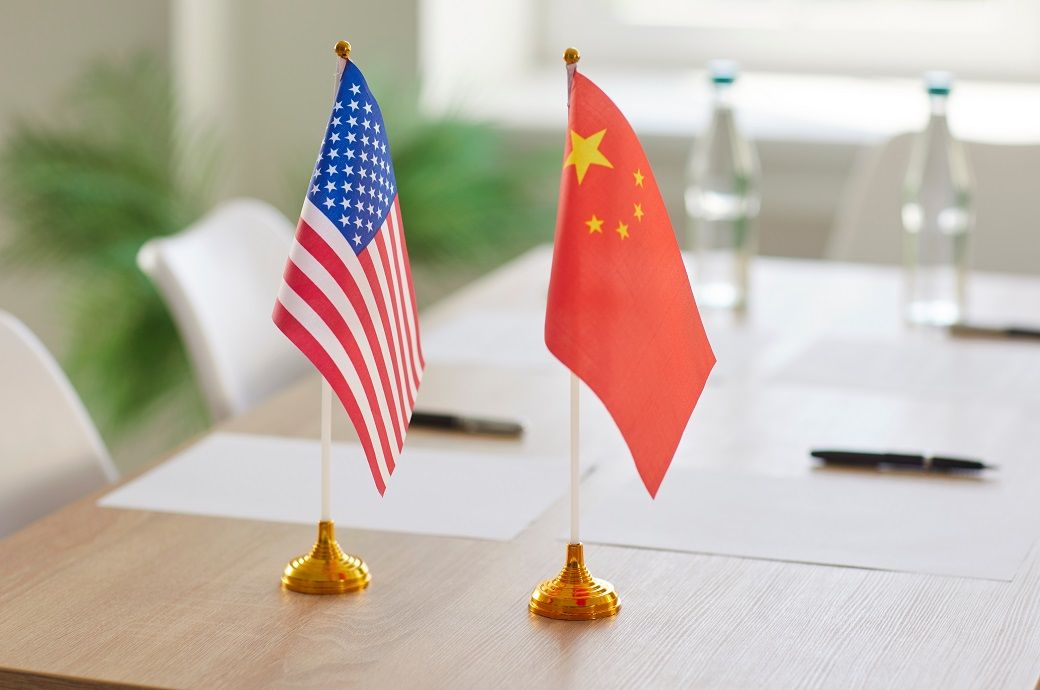Fashion
EU–Indonesia CEPA to unlock $352 mn for European sports industry: FESI

The CEPA will significantly boost trade and investment flows between the EU and Indonesia, unlocking new opportunities across sectors, and particularly for the sporting goods industry. It will eliminate tariffs, streamline customs procedures, increase regulatory cooperation, and support more sustainable and resilient supply chains.
FESI has welcomed the EU–Indonesia CEPA, expected to unlock €300 million (~$352.4 million) annually for the sporting goods industry.
The deal eliminates tariffs, streamlines customs, and boosts trade and supply chain resilience.
Backed by Adidas, Nike, and Puma, FESI’s advocacy since 2016 helped shape the agreement, now awaiting ratification to strengthen EU–ASEAN ties.
Indonesia is a key manufacturing hub for the sporting goods industry, home to numerous production facilities that supply European and global markets. European brands will benefit from greater market access and certainty, while Indonesian suppliers, including thousands of small and medium-sized enterprises, will see expanded opportunities to connect with European consumers.
Since 2016, FESI has actively supported the EU–Indonesia CEPA through high-level engagement and advocacy. Key milestones include meetings at the EU-ASEAN Summit in 2022, a 2023 delegation to Jakarta with president Neil Narriman, a 2024 discussion with vice trade minister Dr. Jerry Sambuaga, and a pivotal 2025 meeting in Brussels before the agreement’s conclusion, FESI said in a release.
“We recognise the important role played by the European Commission in moving this agreement forward and advancing the EU’s broader trade agenda. At the same time, FESI has been a tireless advocate for this partnership from day one, and we are proud to see our industry’s united voice help shape a modern, strategic trade policy with one of ASEAN’s most dynamic economies,” said Youri Mercier Richkine, FESI deputy secretary general.
These efforts, backed by long-standing support of FESI member companies such as Adidas, Nike, and Puma, have been essential to securing a deal that delivers tangible, practical benefits for business.
As the EU–Indonesia CEPA moves into its final phase, FESI calls on the EU Member States and the European Parliament to swiftly ratify the agreement to reinforce the EU’s commitment to a progressive, open, and rules-based trade agenda.
Amid growing trade tensions and global fragmentation, the CEPA sends a clear signal that the EU remains a reliable, forward-looking partner for fast-growing Indo-Pacific economies. The agreement not only unlocks new opportunities for European companies and workers, it also advances the EU’s policy priorities, as outlined in President Ursula von der Leyen’s 2024 political guidelines, including deeper engagement in the Indo-Pacific and stronger cooperation with ASEAN.
“The EU–Indonesia CEPA is a landmark step for our industry and one of the key priorities of my mandate at FESI. Concluding this agreement as my presidency comes to an end is both symbolic and a lasting legacy for our sector. Once again, we are also strengthening our ties with the ASEAN region, further deepening mutually beneficial partnerships that open new opportunities for our industry and our partners alike,” Neil Narriman, FESI president, said.
“We extend our sincere appreciation to the Indonesian government and the European Commission for achieving this landmark agreement. This milestone not only acknowledges Indonesia’s role as a global manufacturing leader but also promotes active lifestyles across Europe by eliminating tariffs on a wide range of sporting goods. The agreement has the potential to foster sustainable growth, attract investment, and enhance supply chain resilience across both regions”, commented Manuel Pauser, vice president global government & community affairs at Adidas, vice-president of FESI and vice-chair of FESI Trade Preferences Task Force.
“The EU–Indonesia CEPA is not only an important trade agreement for our industry, workers and consumers, but also a strong signal to the rest of the world that Indonesia and the EU can champion rules-based trade in a challenging trading landscape,” said Ingrid van Laerhoven, director trade & customs EMEA, government and public affairs at Nike, and chair of the FESI Trade Committee.
Fibre2Fashion News Desk (HU)
Fashion
USITC launches study on ending China PNTR
Fashion
Germany’s Puma’s FY25 sales slide on wholesale reduction

Wholesale revenue dropped 12.8 per cent on a currency-adjusted basis to €4.9 billion, while direct-to-consumer (DTC) sales increased 3.4 per cent, lifting the DTC share to 32.4 per cent from 28.9 per cent.
Regionally, sales fell 6.9 per cent in Europe, Middle East and Africa (EMEA), 7.4 per cent in Asia-Pacific and 10 per cent in the Americas, with North America driving much of the decline.
Puma has reported sales of €7.3 billion (~$8.61 billion) in FY25, with currency-adjusted revenue down 8.1 per cent amid strategic reset actions.
Wholesale declined while DTC share increased.
Margins contracted and EBIT turned negative, leading to a net loss.
Q4 saw sharper declines across regions and categories.
Puma expects further sales softness and negative EBIT in FY26.
By product segment, footwear sales decreased 7.1 per cent, apparel declined 9.7 per cent and accessories fell 8.5 per cent, although selective growth was observed in running, training and premium sport style lines, Puma said in a press release.
Profitability weakened significantly during the year. Gross margin contracted 260 basis points to 45.0 per cent, impacted by promotional activity, inventory reserves, unfavourable mix and currency effects. Adjusted EBIT turned negative at €165.6 million, while reported EBIT declined to -€357.2 million after €191.6 million in one-off costs related mainly to the cost efficiency programme and goodwill impairments.
Loss from continuing operations widened to -€643.6 million, translating to earnings per share of -€4.37 versus €1.88 in the prior year.
From a balance sheet perspective, inventories rose 2.3 per cent to €2.06 billion as inventory takebacks from wholesale partners supported distribution clean-up. Working capital increased 20.2 per cent, while trade receivables and payables declined sharply in line with reduced sales and purchasing activity. Puma ended the year with additional financing capacity, including €1,202.2 million in unutilised credit lines.
Fourth quarter (Q4) performance reflected the peak impact of the strategic reset. Currency-adjusted sales declined 20.7 per cent to €1,564.9 million, with reported revenue down 27.2 per cent due to currency headwinds. The decline was driven by deliberate reductions in wholesale exposure, inventory clearance actions and lower promotional intensity.
Wholesale sales fell 27.7 per cent in Q4, while DTC revenue decreased 8.0 per cent, although DTC share increased to 41.1 per cent from 35.5 per cent. Regionally, sales dropped 12.6 per cent in Asia-Pacific, 22.2 per cent in the Americas and 24.3 per cent in EMEA.
Across product divisions, footwear sales declined 25.4 per cent, apparel fell 13.7 per cent and accessories dropped 18.2 per cent, with selective resilience in training and performance running categories.
Profitability deteriorated sharply. Gross margin declined to 40.2 per cent from 47.7 per cent due to promotions, inventory provisions and currency effects. Adjusted EBIT fell to -€228.8 million, while reported EBIT reached -€307.7 million following one-off costs linked to restructuring and impairment charges. The quarter ended with a loss from continuing operations of -€335 million.
Arthur Hoeld, CEO of Puma, said: “2025 was a reset year for us. We want to establish Puma as a top 3 sports brand globally, return to above-industry growth and generate healthy profits in the medium term. It is crucial to make the Puma brand less commercial and ensure we once again excite our consumers with attractive products, compelling storytelling and distribution in the right channels. I am satisfied with the progress we have made so far. We cleaned up most of our distribution by reducing promotions in our own channels and cutting our exposure to those wholesale channels that damage our brand’s desirability. To better position our product icons and our performance offering and tell more engaging product stories, we created the right structures inside our company. We also addressed operational inefficiencies and further optimised our cost base.”
Looking ahead, Puma expects currency-adjusted sales in fiscal 2026 to decline in the low- to mid-single-digit percentage range, with EBIT projected between -€50 million and -€150 million. Capital expenditure of around €200 million is planned as the company continues investments in brand repositioning and digital capabilities, added the release.
Fibre2Fashion News Desk (SG)
Fashion
India’s real GDP estimated to grow 7.6% in FY26 under new base FY23

Nominal GDP, or GDP at current prices, is estimated to grow at 8.6 per cent to reach ₹345.47 trillion in FY26 against ₹318.07 trillion in 2024-25.
India’s real GDP is estimated to grow at 7.6 per cent to ₹322.58 trillion (~$3.54 billion) in FY26 compared to the first revised GDP estimate of ₹299.89 trillion for FY25 (7.1 per cent growth).
It released the new series of annual and quarterly national accounts estimates with FY23 base.
Real GVA is projected to grow at 7.7 per cent to reach ₹294.40 trillion in FY26 against ₹273.36 trillion in FY25.
Real gross value added (GVA) is projected to grow at 7.7 per cent to reach ₹294.40 trillion in FY26 against ₹273.36 trillion in FY25 (a 7.3-per cent growth rate).
Nominal GVA is estimated to grow at 8.7 per cent to hit ₹313.61 trillion during FY26, against ₹288.54 lakh crore in 2024-25.
Robust economic performance in FY26 is primarily on account of robust real growth observed in the second quarter (8.4 per cent) and third quarter (7.8 per cent).
The manufacturing sector has been the major driver of resilient performance of the economy the consecutive three fiscals after rebasing, a release from the ministry said.
Both private final consumption expenditure and grossed fixed capital formation exhibited more than 7-per cent growth rate in FY26.
Fibre2Fashion News Desk (DS)
-

 Business1 week ago
Business1 week agoUS Top Court Blocks Trump’s Tariff Orders: Does It Mean Zero Duties For Indian Goods?
-

 Fashion1 week ago
Fashion1 week agoICE cotton ticks higher on crude oil rally
-

 Entertainment1 week ago
Entertainment1 week agoThe White Lotus” creator Mike White reflects on his time on “Survivor
-

 Politics1 week ago
Politics1 week agoPakistan carries out precision strikes on seven militant hideouts in Afghanistan
-

 Business1 week ago
Business1 week agoEye-popping rise in one year: Betting on just gold and silver for long-term wealth creation? Think again! – The Times of India
-

 Sports1 week ago
Sports1 week agoBrett Favre blasts NFL for no longer appealing to ‘true’ fans: ‘There’s been a slight shift’
-

 Entertainment1 week ago
Entertainment1 week agoViral monkey Punch makes IKEA toy global sensation: Here’s what it costs
-

 Sports1 week ago
Sports1 week agoKansas’ Darryn Peterson misses most of 2nd half with cramping



















